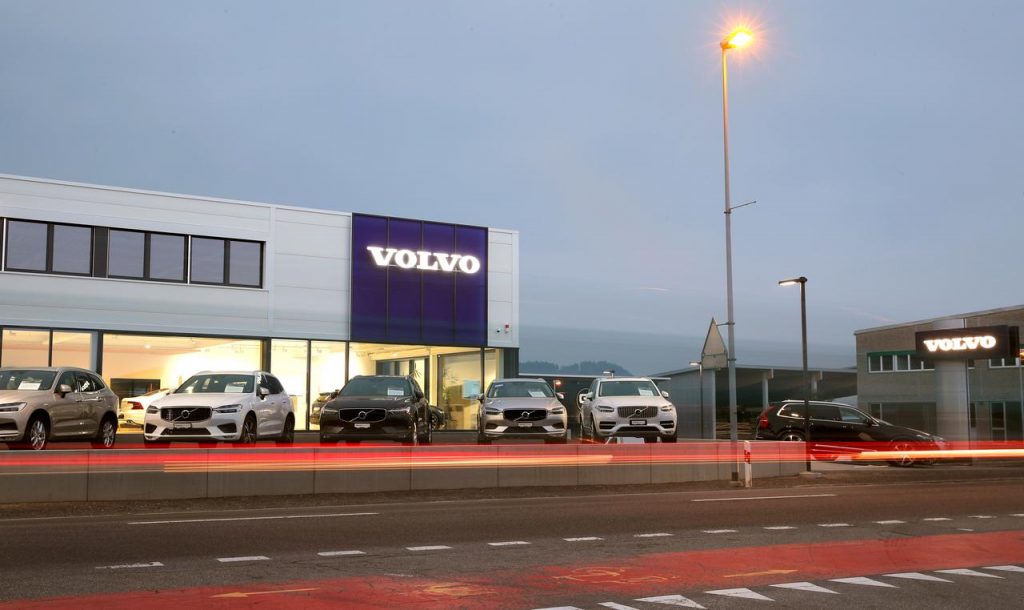Volvo, the automaker who brought the invention of seatbelts in this world, is quite renowned for its seriousness towards its vehicles, and the wellbeing of the passengers sitting in a Volvo. Now, the company is proceeding with its way into the universe of independent competent vehicles. There aren’t a huge amount of offerings out there that equip a lidar to encourage their advance driver help features, yet soon Volvos will, because of an association with lidar producer Luminar.
Basically, Volvo’s cutting edge modular vehicle engineering, called SPA 2, will be equipment finished for without hands vehicle activity, as indicated by a declaration made by the company.
The vehicles will march into production by 2022, and the XC90 will be the first vehicle from the house of Volvo to get the equipment that will make it equipped for self-driving in specific circumstances. The software required to pull off the accomplishment will be conveyed sometime in the not too distant future by means of an over-the-air update. The system will be similar to that found in Teslas and just like Tesla, the SPA 2 Volvos will profit by customary over-the-air refreshes, making it a lot simpler to address bugs and actualize changes.
One of the bits of equipment that will make that conceivable is a lidar framework from Luminar. The lidar component will most probably be befitted in a bump-like structure directly over the windshield. Lidar utilizes lasers to gauge separation and offers that data with the vehicle as a three-dimensional guide.
While almost certainly, Volvo’s Highway Pilot will be a discretionary extra, it’s normal that it will work with Luminar to prepare all SPA 2-based models with lidar sensors as standard to upgrade the abilities of its current ADAS frameworks which fuses innovations, like adaptive cruise control, Lane keep assist, and other driver-assist features.
The lidar on these new vehicles likely won’t sit idle, waiting for the software to be conveyed. Volvo says it’s researching utilizing the Luminar equipment to propel the vehicle’s driver’s help highlights. The organization is additionally investigating making lidar standard on all vehicles. So regardless of whether drivers chose not to select into the component, they will most likely receive the benefits of this venture by means of better functioning of the car’s driver-assist highlights.
As of now, it’s difficult to say anything about the pace with which the lidar sensors will be introduced, or where it will begin from, but one thing that is pretty evident is that Volvo has taken an appraise-worthy step in the direction of making future cars safer.


